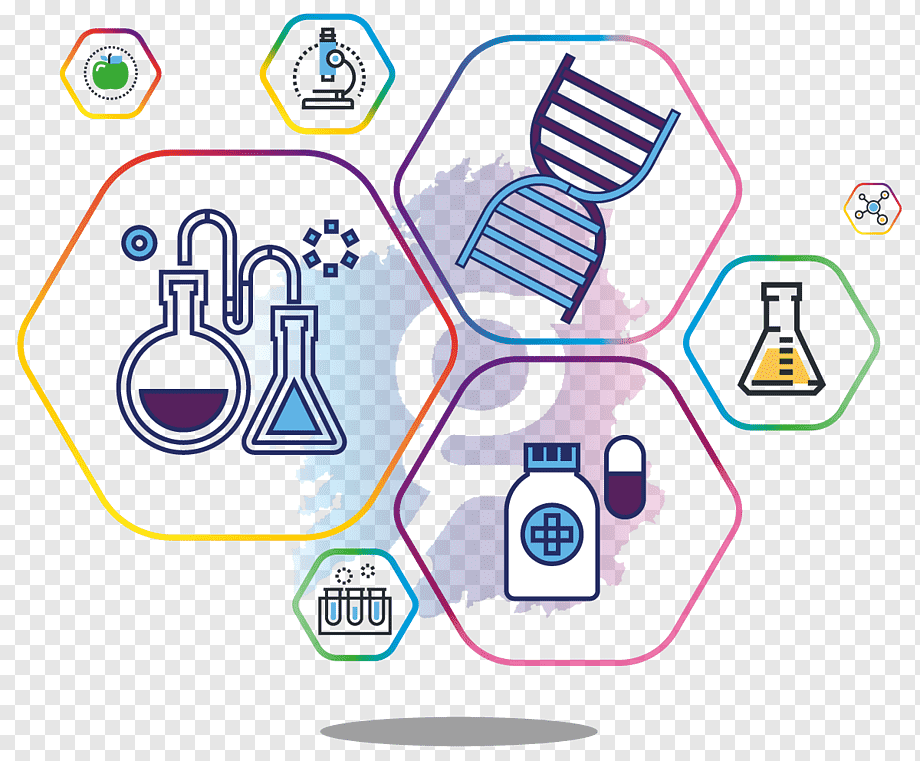Humankind used to subsist by hunting for food regularly. Bio-Fermentation Agriculture became an essential source of sustenance as human people gained more experience and understanding of nature. Agricultural activities also ensured a consistent food supply, a significant factor in the rise in human population and cultural flourishing.
As humanity progressed into modern civilization, the rate of population increase rose, as did the demand for food. With limited area and resources and increasing food demand, agriculturists have been forced to enhance the efficiency of food production through agriculture.
Animal agriculture (also known as livestock production) is a vital aspect of the agricultural industry that produces meat and fat. Pork production is essential since it accounts for about 42% of world meat consumption. This was when people realized the importance of bio-technology in increasing food production output.
What Is Bio-Fermentation?
Fermentation is when carbohydrates are converted into a new product by microorganisms performing biochemical processes. Humans have used the natural fermentation method to make a vast range of items, including meals, medicines, and fuels, since the dawn of time. This natural mechanism is the oldest biotechnological tool we have. When we use biotechnology for, such as a bio fermenter, it is called bio-fermentation.
Fermentation is one of the essential techniques in biology that ancient people devised. has a long history dating back to 10,000 B.C.E., when the first human civilization arose in the fertile crescent (modern-day Middle East). People did not have the scientific understanding we have now, yet they were nonetheless able to evaluate the world and construct technologies.
The History of Fermentation
Fermentation has been employed chiefly for preserving food since those early times. Many items, including bread, wine, and beer, were fermented by Sumerians and Egyptians starting around 5,000 B.C.E. They lacked the expertise to explain how such items were produced or why fermentation occurred. As a result, they frequently saw fermentation as a divine miracle.
The scientist Louis Pasteur hypothesized in the nineteenth century that happens due to microorganisms, microscopic creatures that cannot be seen with the human eye. Bacteria and yeast are microorganisms, minuscule living cells that are invisible to the naked eye. Pasteur also discovered that bacteria produce many forms of fermentation.
The Present of Fermentation
Fermentation is one of the most critical factors in humanity’s progress. It studies employing live organisms to create new or modified goods. The use of live systems or living beings in the development of technology is known as biotechnology. It is, in fact, the very first use of biotechnology. Microorganisms may be a valuable biotechnological resource, as demonstrates.
Fermentation technology has significantly progressed since it was created. Fermentation is still essential in many businesses that sustain human society today, just as it was 10,000 B.C.E. The world’s rising population has produced a need for food, prompting fermentation to be employed on a far bigger scale to satisfy those needs.
The Future of Fermentation
In past years, the term “fermentation” has come to refer to the mass growth of microorganisms on a growing medium to produce a specified chemical product. It is possible to obtain practically any useful chemical using the correct microbe, substrate (food), and circumstances. In this way, has aided in replacing animals as chemical suppliers. For example, a bacterium capable of producing hyaluronic acid can be grown in culture, eliminating the requirement to obtain it from animal products.
A biochemist or microbiologist’s abilities are limited. A bacteria will utilize its enzymes to transform carbohydrates or food given to it into something the bacteria can generate with its enzymes. We’ve been working to overcome these constraints by genetically manipulating bacteria to introduce new enzymes.
Humans now produce only a few products, but we are expanding our capacity by adding additional substrates and microbes. We are also adding new enzymes that will aid in increasing the bioavailability of beneficial compounds to the skin, as advertised for decades.
It is theoretically feasible to add new metabolic pathways to bacteria. This is a tremendous job since it entails introducing new enzymes into an existing route while ensuring that overall metabolism is not disrupted (such as killing the bacteria).
This is an admirable goal, mainly when it is utilized to address an environmental issue such as pollution caused by a chemical that natural microorganisms cannot break down. It would be a tremendous achievement to introduce routes capable of decomposing ecological pollutants.
What Is Fermentation Process Development?
Fermentation technology is widely employed in the energy, medical, chemical, and food sectors to manufacture a wide range of commercially essential substances. The fermenting method has been passed down through the generations. In the last decade, synthetic biology techniques available for modifying microbial metabolic pathways have increased dramatically, opening up new avenues to chemical compounds.
The best technology providers concentrate on the critical technology of fermentation process modelling and optimization, intending to achieve maximum yield and high substrate conversion rate, starting with microbial gene enhancement, cell microenvironment regulation, and macro environment efficiency, while taking into account the evolution of biology, energetics, and physical phenomena of optimization technology.
Businesses that manufacture biofuels, bio-based speciality chemicals, organic ingredients, and therapeutic proteins are all using potent synthetic biology methods to develop microbes sensibly. They are also looking for ways to use high-throughput screening processes to accelerate the growth of robust and efficient cellular-production systems and the efficacy of process development and scale-up.
What Is the Take-Away Here?
The fermentation process is a powerhouse in manufacturing many medications and food items. This process is powerful and efficient, making it a great choice for large-scale production. Optimizing the process is crucial for subsequent biological material generation and scale-up manufacturing. Therefore, more and more companies are moving towards using a bio fermenter or similar technologies capable of developing and nourishing necessary microorganisms to sustain accelerated fermentation. This way, we can see future advanced technological processes in the fermentation field.
Read More








Leave a comment